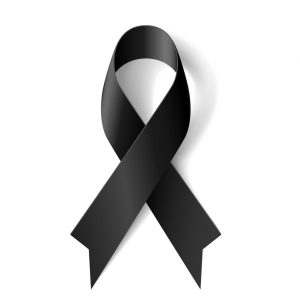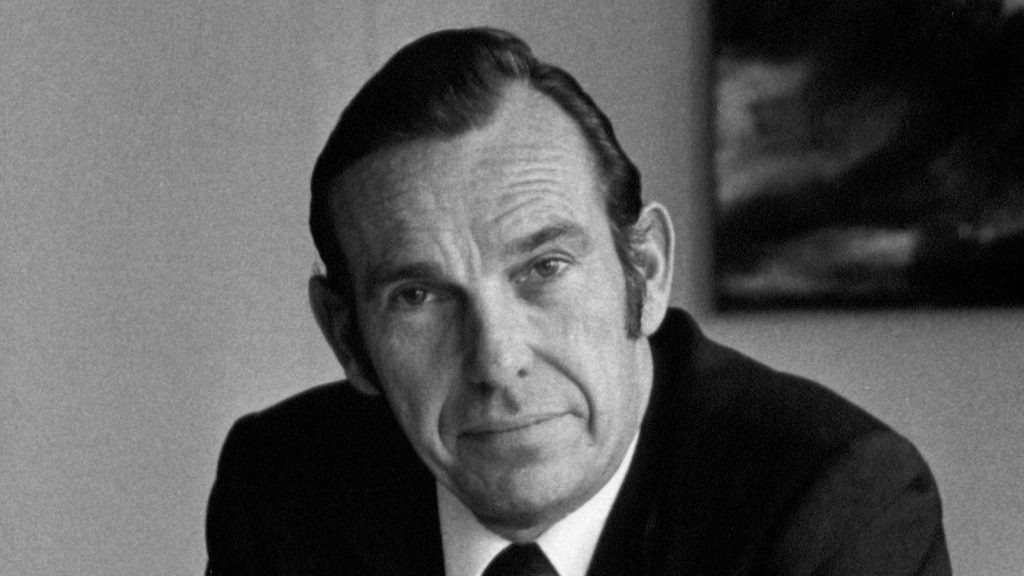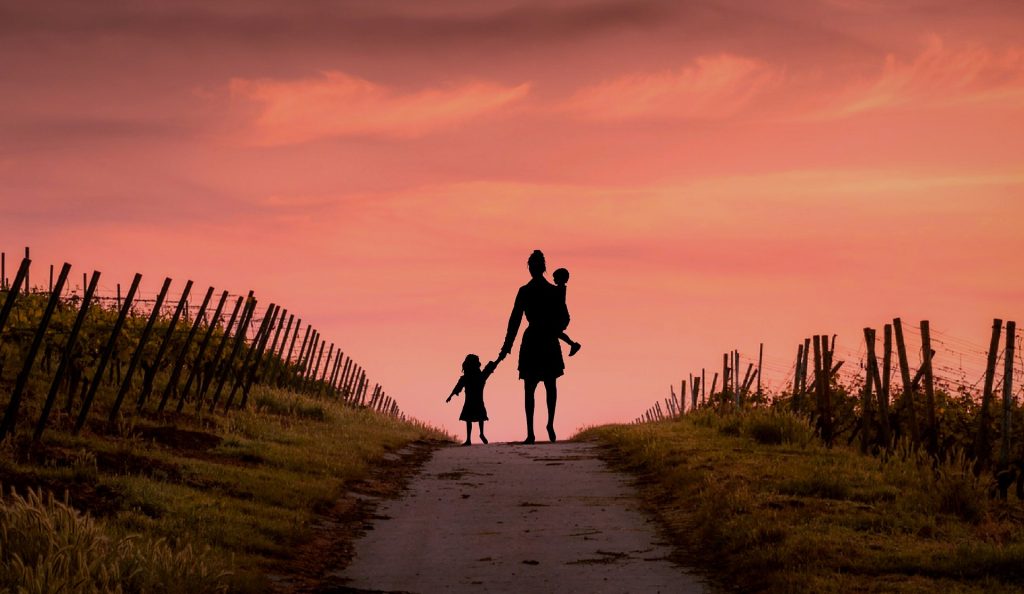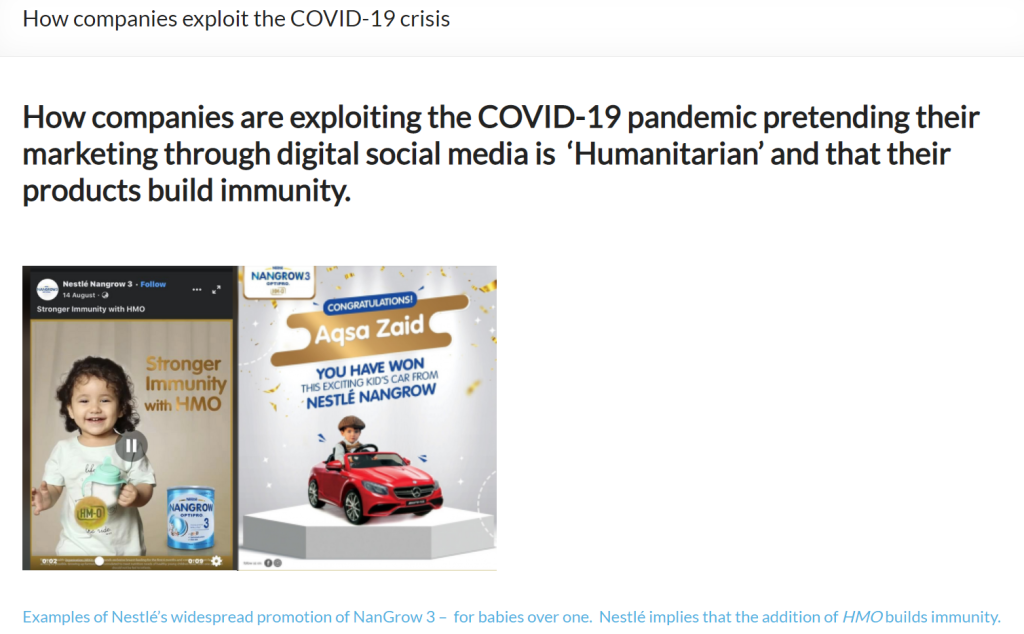ABOUT IBFAN
The International Baby Food Action Network (IBFAN) is a worldwide network of more than 148 public interest groups in over 108 countries. Members are diverse and include health worker, parent and consumer organisations. Social justice, human rights and environmental protection underscore all our work.
Each IBFAN group is autonomous and raises its own funds, with the assistance of IBFAN’s Regional and Programme Coordinating Offices and Global Council in accordance with the Seven Principles of IBFAN.
IBFAN does not seek or accept funds, donations, gifts or sponsorship from manufacturers or distributors (or their trusts or foundations) of infant and young child feeding and related products. IBFAN is also cautious about funding from any for-profit entities, since this can lead to loss of reputation and raise questions about IBFAN’s integrity. IBFAN’s work on breastfeeding and young child feeding is just one element in the global action to ensure an environment in which children can survive and reach the highest attainable standard of health.
NOTES

Baby Milk Action, Update 14, October 1994: After 13 Years of opposition, the USA has joined the rest of the world in an historic consensus decision to support the International Code….African delegates vehemently rejected the assumption that Africa needs donations from baby food companies, stressing that such donations are nothing more than a promotional technique. Kenya stated that if the issue came to a vote it would insist on a roll call of Member States, ‘so that those who are unfair to babies would be known by name’.
WHO and UNICEF have issued advice on breastfeeding and COVID-19 that is critically important to protect babies from harmful practices and commercial exploitation. In many countries mothers are being separated from their babies after birth, with as yet no evidence that the virus is transmitted through breastmilk.
consectetur adipiscing elit. Ut elit tellus, luctus nec ullamcorper mattis, pulvinar dapibus leo.




